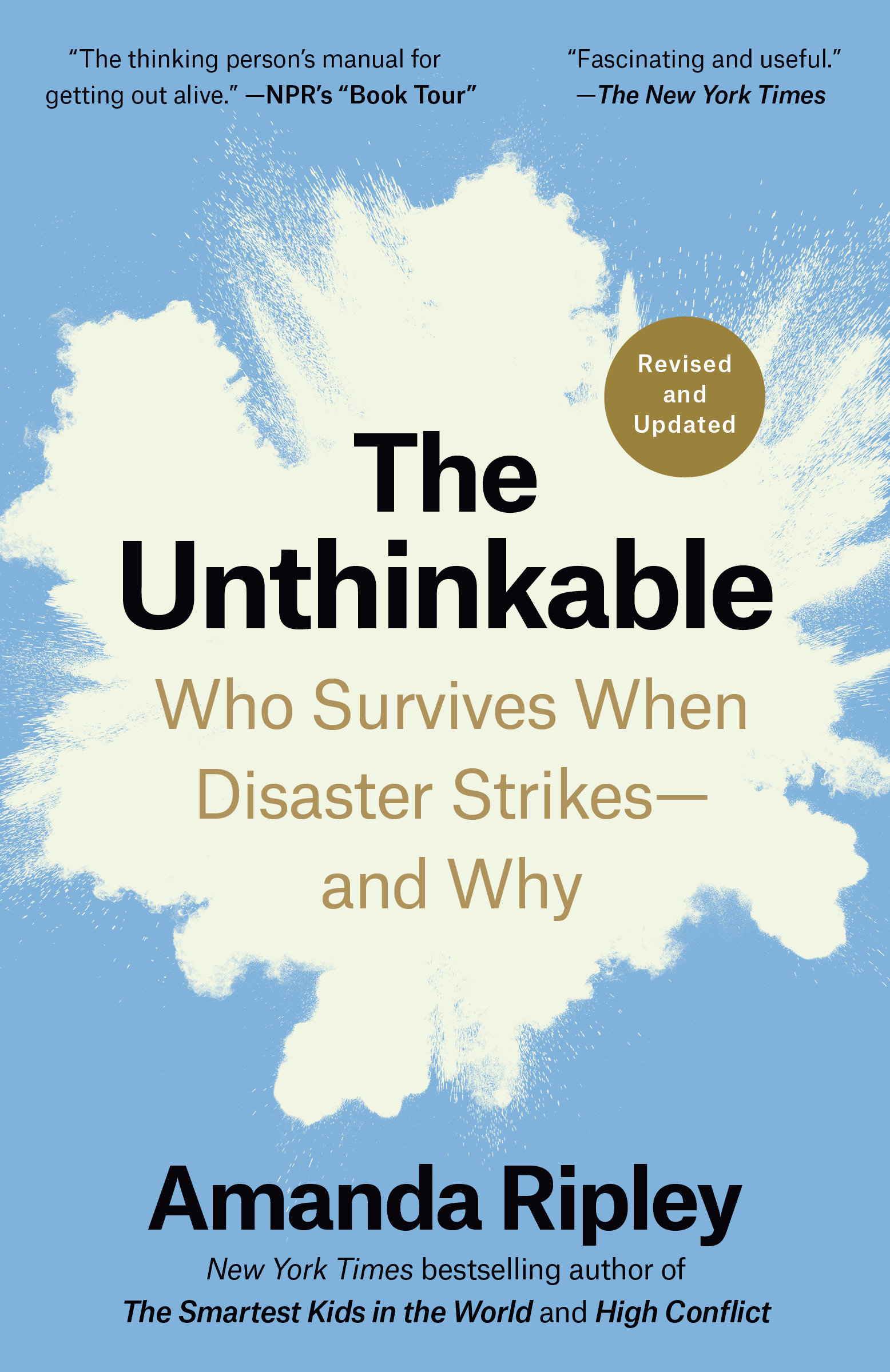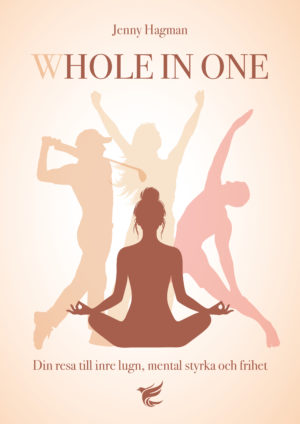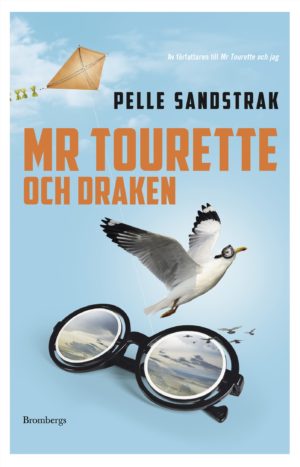
The Unthinkable (Revised and Updated)
The Unthinkable (Revised and Updated)
Kategorier: Att hantera personliga problem Att hantera stress Familj och hälsa Hälsa, relationer och personlig utveckling
“The thinking person’s manual for getting out alive.”—NPR’s “Book Tour”
“A must read . . . We need books like this to help us understand the world in which we live.”—Nassim Nicholas Taleb, author of The Black Swan and Fooled by Randomness
Disaster can come in many forms, from earthquakes and wildfires to pandemics and acts of terror. Afterward, when the dust settles and the survivors emerge, we can’t help but wonder: Why did they live when so many others perished?
In The Unthinkable, prize-winning journalist Amanda Ripley, who has covered some of the most devastating disasters of our age, sets out to find the answers. To understand the human reaction to chaos and imminent danger, she turns to leading brain scientists, trauma psychologists, and other disaster experts—from a Holocaust survivor who studies heroism to a master gunfighter who learned to overcome extreme fear. Along the way, we learn about the perils of crowd psychology, the elegance of the brain’s fear circuits, how leaders can build trust quickly, and other invisible factors that can make the difference between death and survival.
A fascinating combination of neuroscience, firsthand accounts, and thrilling investigative journalism, this book is for anyone who has ever wondered how they would respond in a life-and-death situation—or wanted to increase their odds of survival. This new edition updates all the original research and features timely material on enormous, slow-moving disasters such as pandemics and climate catastrophes. Most important, it reveals the brain’s ability to do much better—with a little help.






